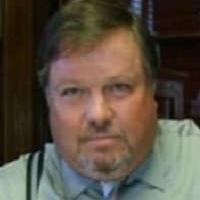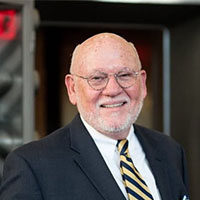Trumbull Felony Lawyer, Connecticut
Sponsored Law Firm
-
 x
x

Click For More Info:
-
Andrew M Amendola, Attorney at Law
591 Thompson Avenue East Haven, CT 06512» view mapAccident & Injury, Criminal, Estate, Real Estate Where Every Client Matters
Let Andrew M Amendola, Attorney at Law handle all your legal needs today@
800-942-4780
Not enough matches for Trumbull Felony lawyer.
Below are all Trumbull Criminal lawyers.
Paul Christopher Gusmano
✓ VERIFIEDCar Accident, Accident & Injury, Wills & Probate, Wrongful Death, Criminal
Attorney Gusmano was chosen for inclusion in 'Connecticut Magazine and New England Super Lawyers Magazine as a Super Lawyer in Personal Injury from 20... (more)
James J Ruane
Motor Vehicle, Criminal, Consumer Rights, Business
James J. Ruane is a practicing lawyer in the state of Connecticut.
James O Ruane
Motor Vehicle, DUI-DWI, Criminal
Jay Ruane is a practicing lawyer in the state of Connecticut.
Frederick D. Paoletti
Litigation, Federal Appellate Practice, Criminal, Personal Injury
Status: In Good Standing
Ilya I Press
Professional Responsibility, Employment Discrimination, Criminal, Business
Status: In Good Standing Licensed: 22 Years
Daniel Francis Schopick
Landlord-Tenant, Family Law, Divorce & Family Law, Felony
Status: In Good Standing
Adam David Schlein
Real Estate, Employment, Felony, Contract, Slip & Fall Accident
Status: In Good Standing
Jonathan Edward Von Kohorn
Divorce, Child Support, Divorce & Family Law, Criminal
Status: In Good Standing Licensed: 20 Years
 Andrew Amendola East Haven, CT
Andrew Amendola East Haven, CT AboutAndrew M Amendola, Attorney at Law
AboutAndrew M Amendola, Attorney at Law



